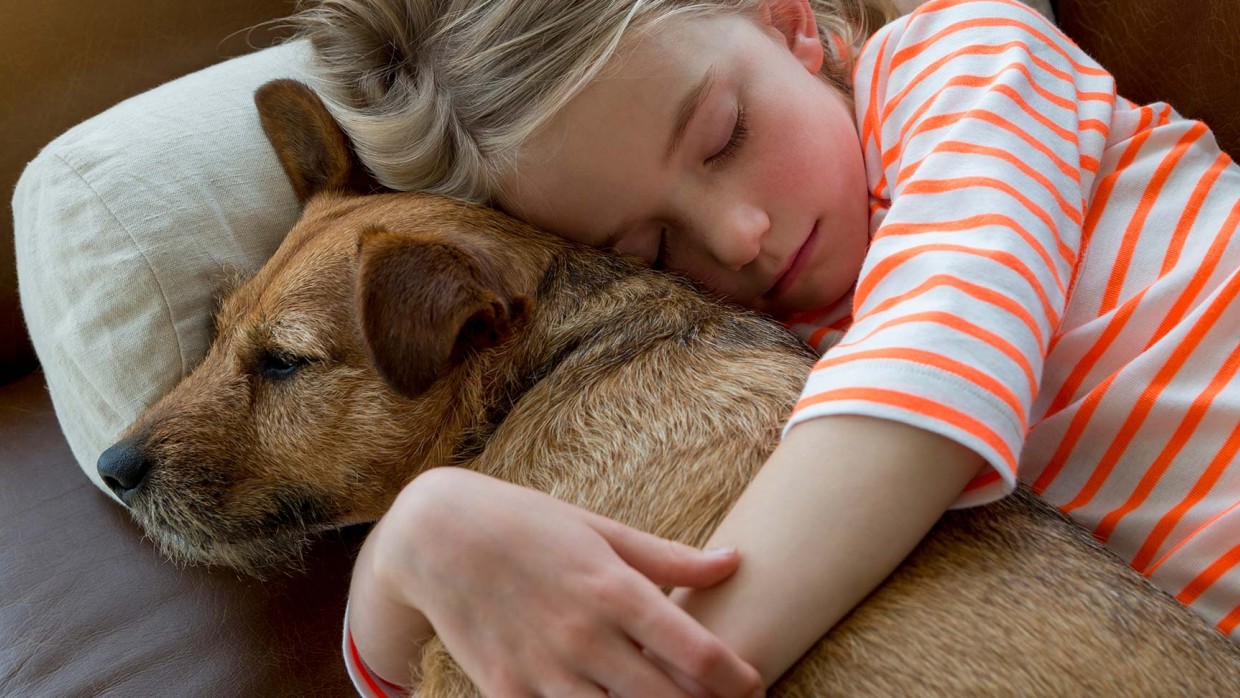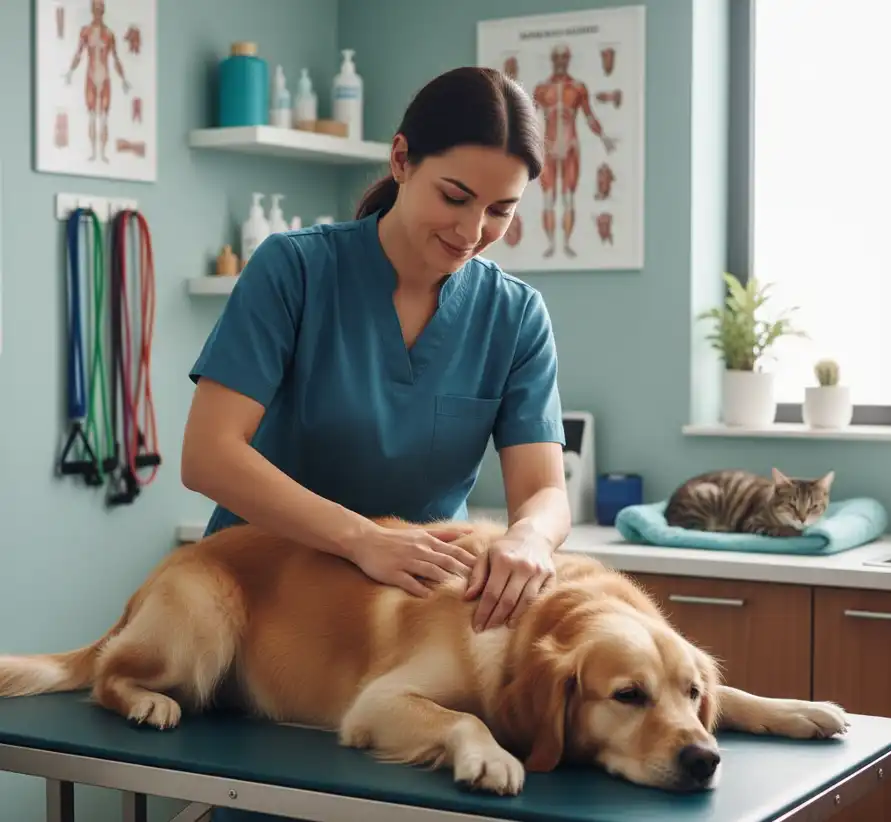Adopting a Puppy/ What you need to know
You have chosen your puppy from a litter, at a reputable Breeders. Soon you will be ready to bring him home it is time to get a few things that you are going to need before his arrival.
What age can your Puppy come home?
Dogs are not able to eat solid food until they are 8 weeks old, so between 8-10 weeks is the best time to bring the puppy home. Until the 8th week they are exclusively breast fed by the mother Dog and will need to stay in the litter. During the 5th and 6th week the breeder will begin to introduce light solid food, and start preparing the puppy to go home.
What you need for the new Puppy
Before you bring the Dog home you will need to buy 2 bowls one for food and one for water. A dog bed, nice and warm that can be positioned in the house, preferably in a room with a door. Dog food, get the breeder to make a recommendation, and Dog biscuits.
The first night at home may be tricky as the poor Puppy will be missing his family and may whimper and cry. If you start putting him on your bed you will never get him off it, so try to settle him. Some people wrap an old ticking clock up and put it in with the Puppy, they think it is their Mothers’ heart beat and this settles them.
Toilet Training and Sleep
Hopefully the Puppy will be trained to go to the toilet in one place. If you have a garden take the Puppy outside to go to the toilet regularly, use the same spot, and they begin to adjust to their garden. Otherwise use newspaper in the laundry.
All small animals need a lot of sleep, 12 hours a night and about 6 hours in the daytime is not too much.
Immunization and Worming
When you first bring your Dog home he will be too young to be immunized. The Dog will require isolating from other dogs who may pass diseases to the Puppy. By the time he is twelve weeks old it is time to book into the vet for immunization and advice on worming. Once the immunization schedule is complete, you still require another 2 weeks of isolation for it to take effect. The vet will also give advice about possible de-sexing, but this will not take place until the Puppy is about six months of age, and you may decide not to have it done at all. All dogs require regular worm treatments.
Your Puppy will also require Registration and Microchip (in case he becomes lost). The chip has his name and your phone number in it.
Obedience Training
If you live in a busy City it will be important to either take your Dog to obedience classes or to teach this yourself. it is best done in a positive manner and once your dog learns to obey a few commands like sit and heel, your life will be much easier when taking him for a walk.
The learning process is usually reinforced by giving food as treats when the Dog gets it right and will require about six structured lessons with practice in between. Dogs are social animals and they enjoy meeting up with their Dog friends in the Park and at other Dog friendly places. Once he is trained it is much easier to take him out for Coffee and other activities as he will know to sit and not to jump around barking.
Care of Teeth
There are several foods that you cannot give your Dog and one of them is chocolate. Chocolate is dangerous to Dogs, so do not leave it around where the Dog can get it as he may become sick. Dogs teeth require either cleaning or alternately switch them to a scientifically proven dental care dry food, for everyday meals. Buy your dog some dental toys from the pet shop. All Puppy’s chew things, so it is a good idea to get a few toys set up early for your new Dog, otherwise he will probably start chewing your shoes and other stuff. The chewing is because they are developing new teeth.
So You Want to Adopt a Puppy: Woof Woof! But Wait…
Puppies! Those bundles of fur and boundless energy can melt even the coldest heart. Before you succumb to their adorable clumsiness, it’s crucial to understand what adopting a puppy entails. It’s a lifelong commitment, not just a few months of puppy cuddles. Let’s dive into the exciting, yet responsible, world of puppy parenthood!
Are You Ready for a Furry Friend?
Adopting a puppy is like welcoming a new family member – one who chews your shoes and pees on the rug (at least initially!). Before diving headfirst, ask yourself these key questions:
- Lifestyle: Do you have the time, energy, and space for a rambunctious puppy? Are you prepared for walks, playtime, and training sessions?
- Finances: Puppies require food, vet care, toys, training, and more. Can you afford these ongoing expenses?
- Commitment: Puppies grow into adult dogs with specific needs. Are you ready for a 10-15 year commitment?
- Family Compatibility: Does your family, including children and other pets, welcome a new furry friend?
Finding Your Perfect Match
Now, onto the fun part: choosing your pup! Consider these options:
- Shelters and Rescues: Overflowing with deserving dogs, these organizations offer a variety of breeds and ages. You’ll be giving a dog a second chance at a loving home!
- Breeders: If you have a specific breed in mind, research reputable breeders who prioritize ethical practices and dog health.
Tips for Choosing the Right Puppy:
- Meet different breeds and ages. Puppies are adorable, but consider an adult dog if your lifestyle suits their needs.
- Observe the puppy’s temperament. Are they playful, shy, or anxious? Choose one that fits your personality and energy level.
- Ask about the puppy’s background and health. Reputable sources will provide information about the puppy’s history and any potential health concerns.
Puppy Essentials: Preparing for Your New Arrival
Bringing home a puppy is exciting, but don’t forget the essentials:
- Food and water bowls: Choose the right size and material for your growing pup.
- Sleeping crate or bed: Provide a safe and comfortable haven for your puppy.
- Leash and collar: Choose a comfortable and secure option for walks and training.
- Toys: Interactive toys help prevent boredom and destructive chewing.
- Puppy-proofing your home: Secure wires, remove valuables, and block off hazardous areas.
Training and Socialization: Setting Your Pup Up for Success
Puppies are sponges, so start training early! Enroll in puppy training classes, focus on basic commands like “sit,” “stay,” and “come,” and socialize them with other dogs and people. This lays the foundation for a well-behaved and happy dog.
FAQs: Your Puppy Questions Answered
Q: How often should I walk my puppy?
A: The frequency depends on age and breed, but generally, start with short, frequent walks and gradually increase duration and distance.
Q: When will my puppy be potty trained?
A: Be patient! Housebreaking takes time and consistency. Use crate training, frequent potty breaks, and positive reinforcement for accidents.
Q: What are the best resources for new puppy owners?
A: Check out the “Additional Resources” section below!
Additional Resources
- The American Kennel Club: https://www.akc.org/
- Association of Professional Dog Trainers: https://apdt.com/
- Petfinder: https://www.petfinder.com/search/dogs-for-adoption/
- ASPCA: https://www.aspca.org/
So, are you ready to embark on the incredible journey of puppy parenthood? Remember, adopting a puppy is a rewarding, yet significant, commitment. By understanding your responsibilities and preparing your home and heart, you can provide a loving and fulfilling life for your furry companion. Happy adopting!
Conclusion
If you have other animals in your house such as a cat or older dog, introduce them to the Puppy gradually so that they get used to one another. They will soon be playing together.
You may also like these:
-

How Adding Medical Massage Can Expand a Veterinary Practice
-


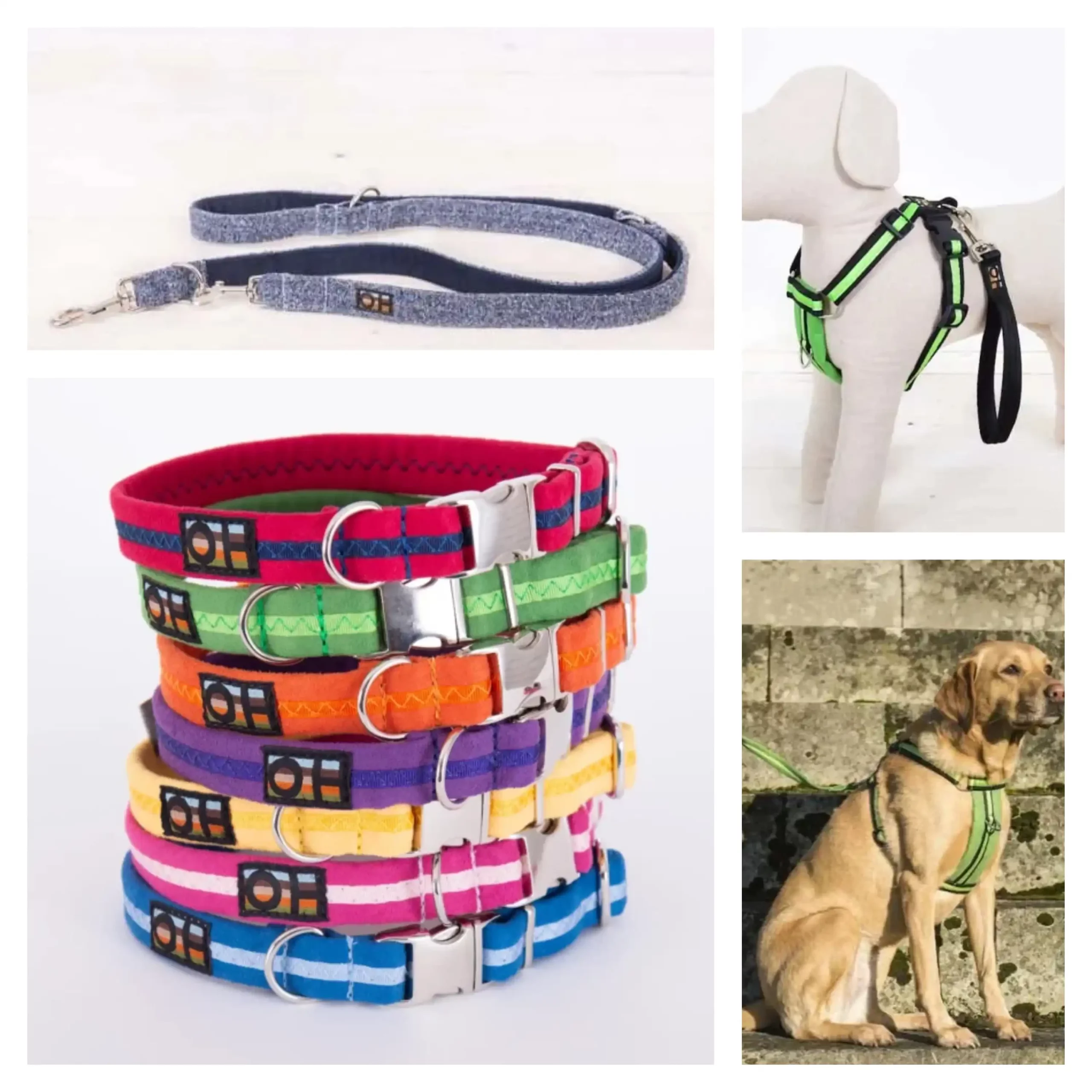
Oscar & Hooch Luxury Dog Accessories for Your Stylish Dogs
-



How to Use Puppy Training Pads Effectively
-


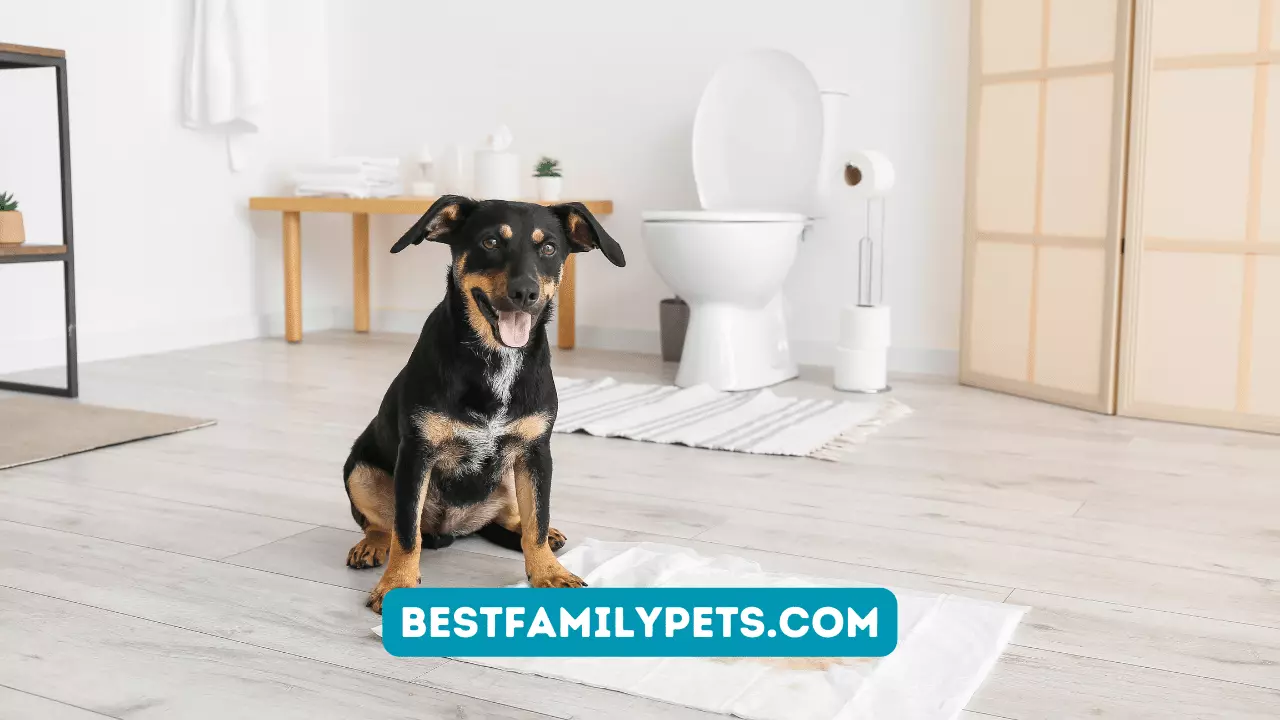
10 Cheapest Dog Training Pads for Tight Budgets
-



The Hidden Cost of Delaying Dog Training: Why Waiting Could Be Your Biggest Mistake
-



Feed the Beast Right: Why Pet Nutrition Isn’t Just Kibble and Luck
-


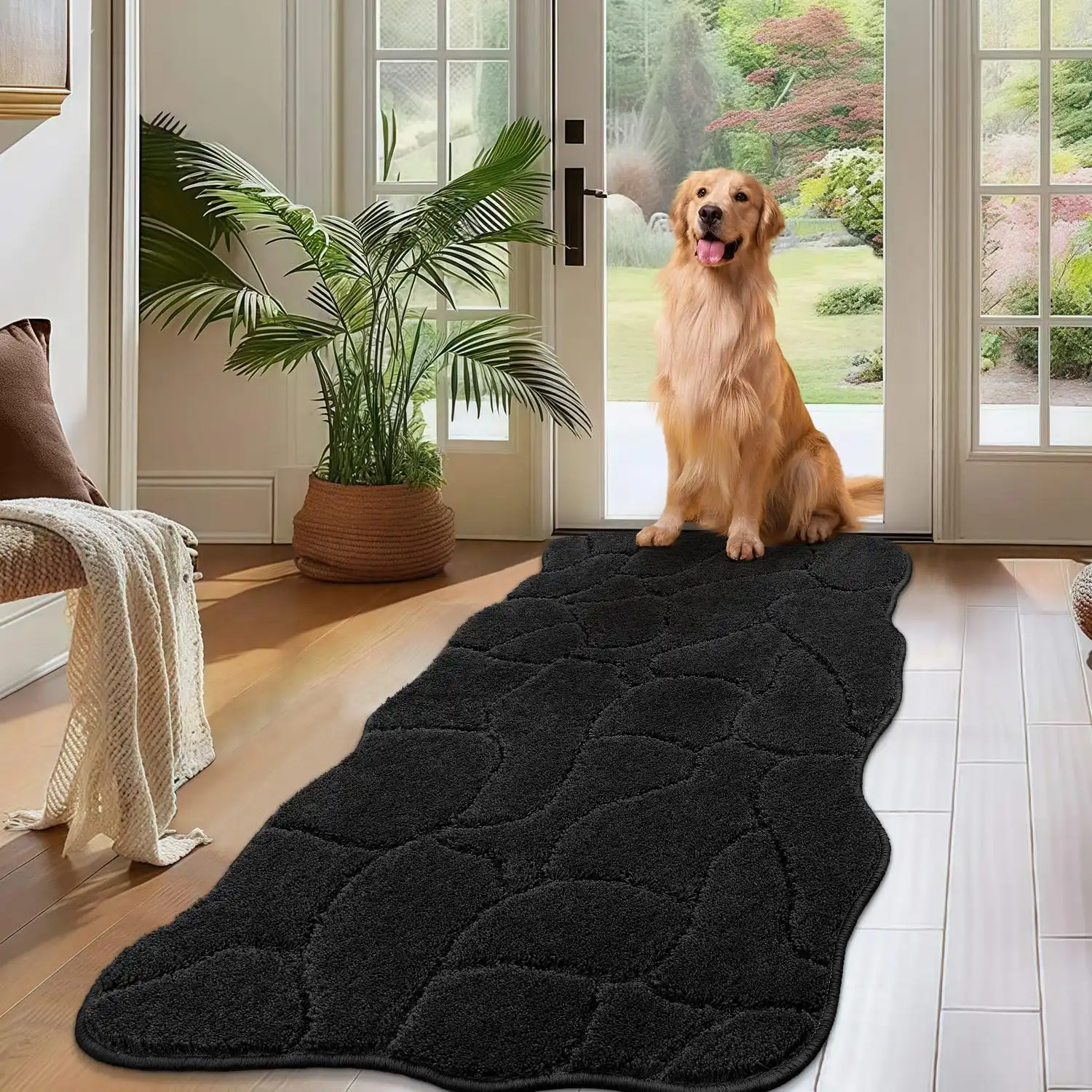
Large Dog Door Mat for Muddy Paws: A Must-Have for Pet Owners
-


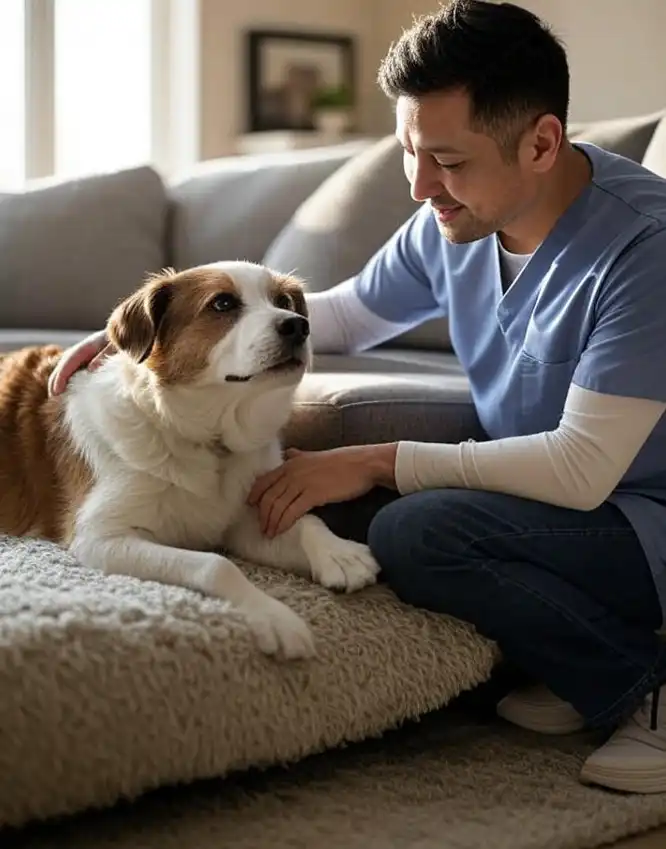
Pet Euthanasia in Gilbert: Compassionate Care Options
-



Memorial Plaque for Dog: A Heartfelt Tribute to Your Pet
-



Alaskan Omega-3 Fish Oil for Dogs: Benefits & Top Picks
-



Creative Ways to Manage Leftover Puppy Pads at Home
-


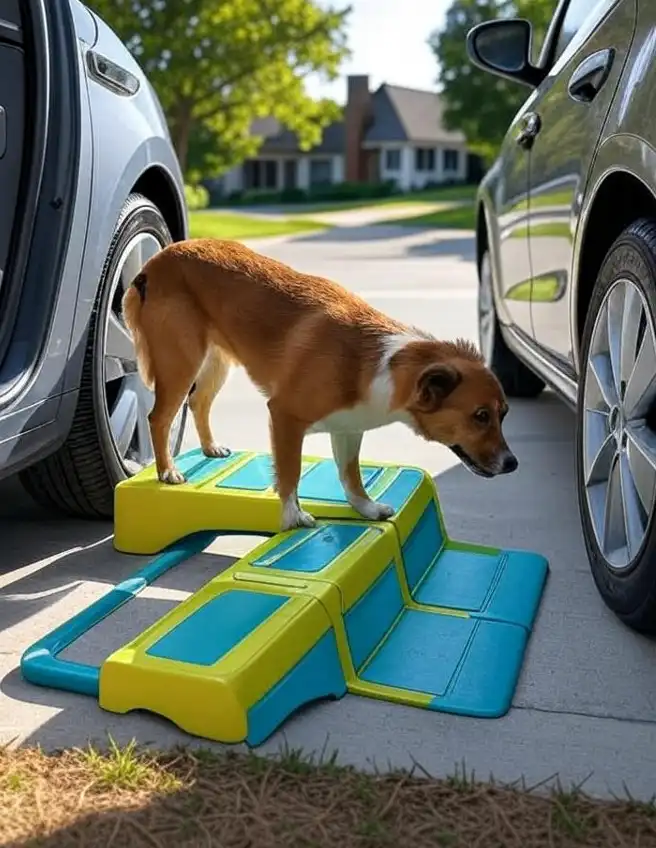
2025 Innovation Award: Dog Steps for Car by CreatureCops™
-



CollieBall: The Original Herding Ball Revolutionizing Play for Urban
-


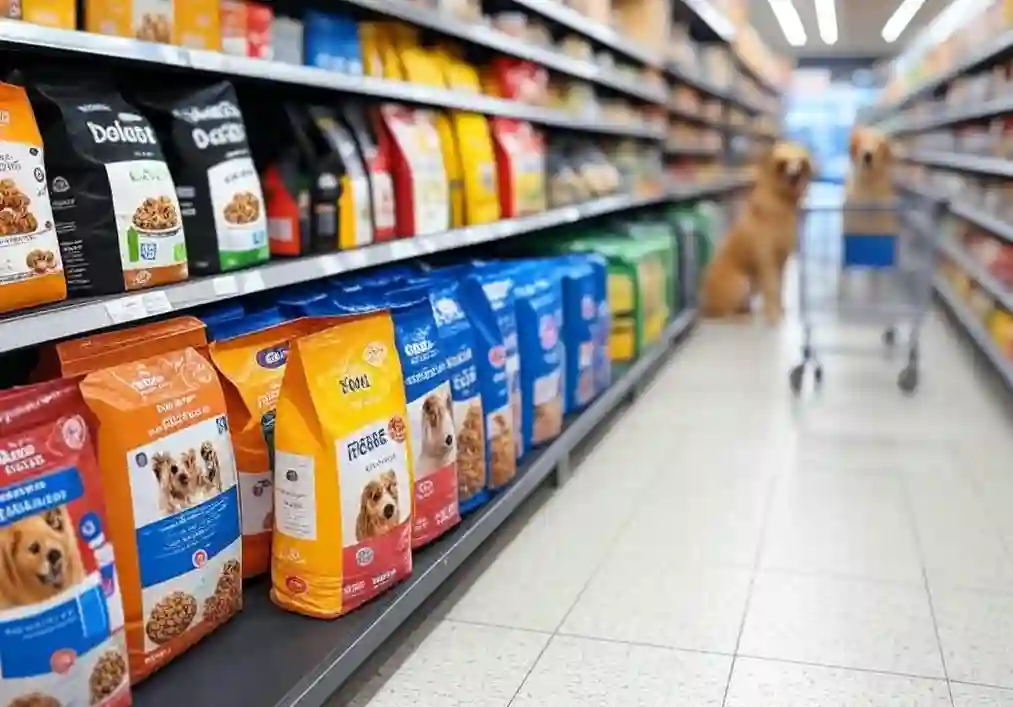
Finding the Best Dog Food Deals with Delicutu
-


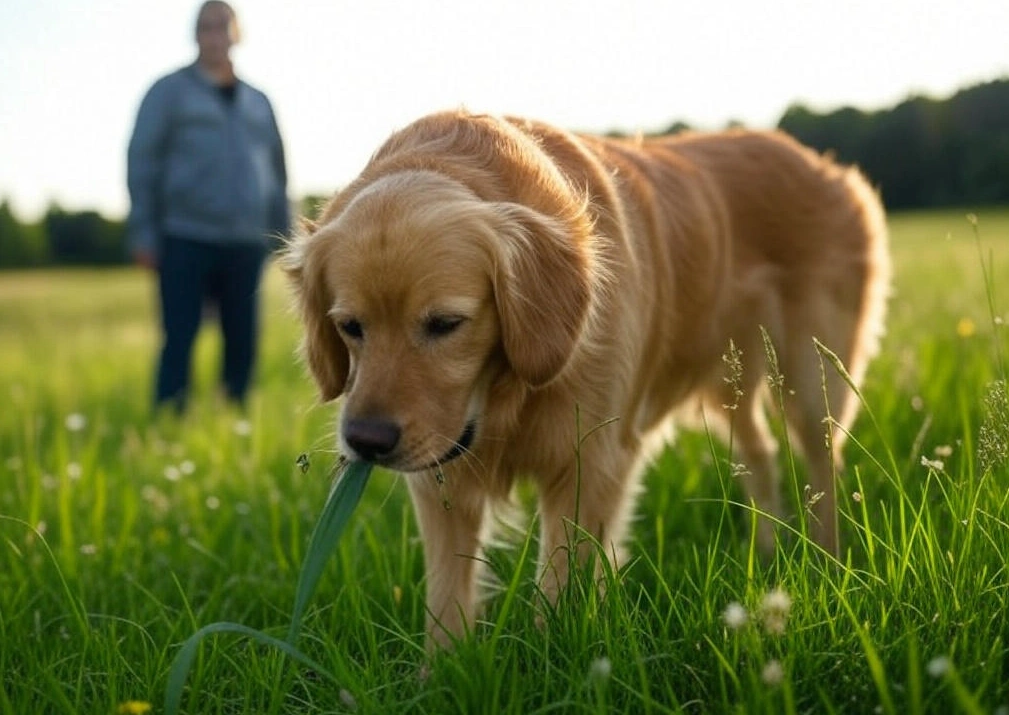
Why Does My Dog Eat Grass and Vomit? Causes, Concerns, and Solutions

